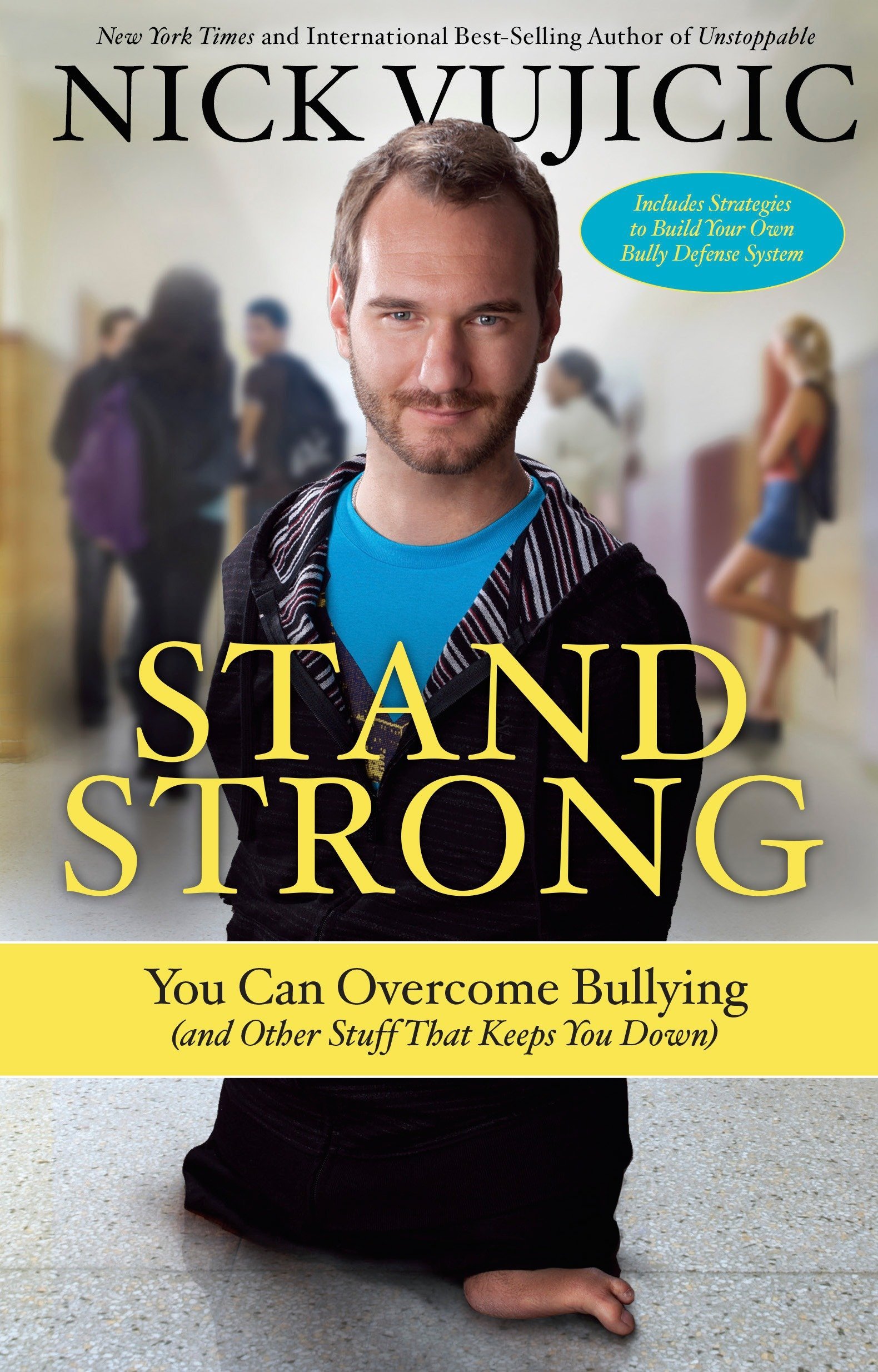
Queen Alexandra's Mounted Rifles (QAMR), an armoured regiment based at Waiouru, also uses Ake Ake Kia Kaha as its motto. Numerous schools use Kia kaha as, or as part of, their mottoes, including Te Aute College, Hawke's Bay ( Whakatangata kia kaha) Tikipunga High School, Whangarei ( Kia kaha, kia maia, kia manawanui) Golden Bay High School, Takaka ( Ake ake kia kaha) Rotorua Intermediate School, Rotorua ( Kia kaha, kia maia) and Rosehill Intermediate School, Papakura ( Whaia kia kaha) and Te Awamutu Te Awamutu College, Kingwood Park High school (Kia Kaha) and Richmond Primary School (Kia Kaha). Ake! Ake! Kia Kaha E! was the marching song of the New Zealand Army's 28th (Māori) Battalion. Ake ake kia kaha translates as 'ake ake' meaning '(for)ever and (for)ever' and 'kia kaha' meaning 'be strong'. 75 Squadron RNZAF just after the war ended. 75 Squadron in World War II and was transferred to the newly formed No. It was adopted as a part of the motto by the Royal Air Force's No. It is also the official name of the New Zealand Police's school anti-bullying campaign. Kia kaha has been used as the name of various products, most notably a clothing manufacturer.

Steven Adams, starting center for the Oklahoma City Thunder wears Kia Kaha on the back of his jersey, as a part of the 2019-2020 NBA season restart.

Other songs to use Kia kaha as part of their titles include "Kia Kaha Nga Iwi" (Be strong, o tribes), by Ngoi Pewhairangi. The phrase has been used for the title of a song by Split Enz and a book, Kia Kaha: New Zealand in the Second World War by historian John Crawford. The phrase "Kia kaha" is prominently used in New Zealand's most famous military song, the Marching Song of the 28th Māori Battalion. Kia kaha in popular culture In the media It is sometimes seen used as a valediction at the bottom of messages. It is a term of comfort or solace (an equivalent of be strong – my thoughts are with you), or (less often) it can serve a similar function to ' kia ora' – an interjection during a speech to indicate support or approval (similar to hear! hear!). The phrase is used in several different contexts. Kaha derives from Proto-Polynesian *kafa, meaning "strong" or "great" *kafa is also the Proto-Polynesian term for sennit rope, a strong rope made from coconut fibres and used for lashing canoes, weapons, and buildings together. Linguistically, "kia kaha" consists of the desiderative verbal particle kia, used here as 'an encouragement to achieve the state named', that is, to achieve kaha or strength.

The phrase has significant meaning for Māori: popularised through its usage by the 28th Māori Battalion during World War II, it is found in titles of books and songs, as well as a motto. Kia kaha is a Māori phrase used by the people of New Zealand as an affirmation, meaning stay strong. Street art from ANZAC Day 2020, which fell during the COVID-19 pandemic in New Zealand


 0 kommentar(er)
0 kommentar(er)
